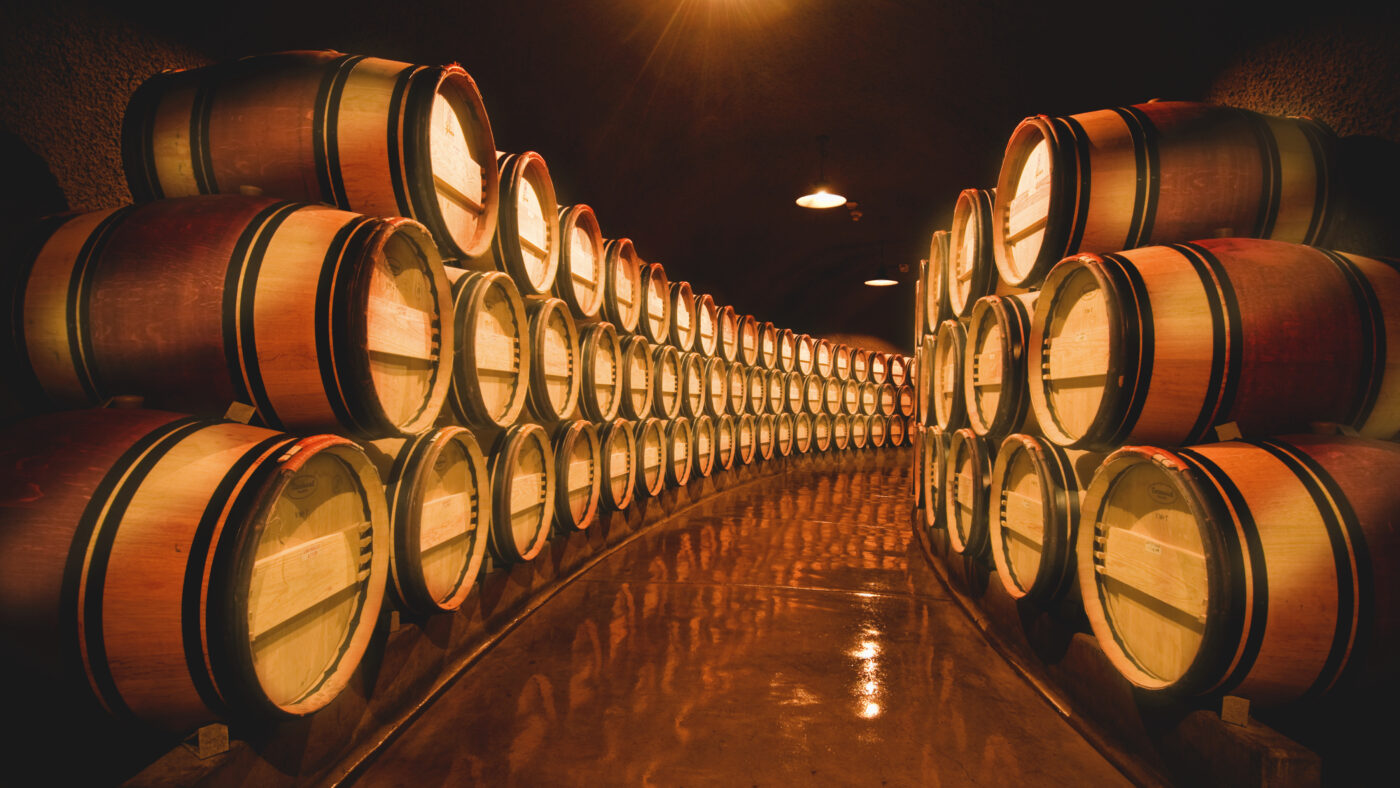Last month, the FT’s Alphaville blog ran a fun piece on the Government Hospitality wine cellar (‘the Cellar’). The main takeaway: ‘…this is one of the few areas where government procurement creates value for money’,
That the United Kingdom has a wine cellar is not surprising. Although the very idea of politicians drinking wine bought ‘at the taxpayer’s expense’ brings out some of the very worst of our curtain-twitching, penny-pinching national attitude towards the dignity of the state, the fact is that the United Kingdom needs to put on a good show at official functions.
Yet in the aftermath of the expenses scandal, that above-mentioned attitude had an interesting effect. Per the FT:
‘A review launched in the wake of the 2010 election called for the Cellar to be more self-financing, concluding it should make sales of its most expensive wine to pay for more wine.’
This was made easier because in the anti-politics mood of the moment (and perhaps, alas, indefinitely), there are some bottles which no prime minister is likely to crack open, even for dinner with the Pope.
Millions and indeed billions may be wasted on bad policy, but a £5,683 bottle of Quinta do Noval 1931? Surely no career could survive it. That sort of number is small enough for people to grasp how big it is.
The result is quite remarkable. The Government Wine Committee – comprising ‘retired diplomat Sir David Wright and four masters of wine’ has no budget. In the best traditions of our constitution, some experts are giving their services free. And they’re very good at buying wine:
‘As of April 2022, the estimated market value of the 32,310-bottle Cellar was £3.66mn, versus a total value at cost of (just) £804,312.’
It’s a fascinating story, and the full article is well worth a read. But a thought occurs.
What we have here is a commodity investment vehicle which is consistently delivering very strong returns. This is perhaps not surprising, given not only the expertise available to the GWC but also that wine is an increasingly popular investment product anyway. Beyond individuals buying and holding cases themselves, there are also companies that allow investors to buy into portfolios curated by an expert committee.
At present, ‘the Cellar’ is a fun little story of state super-competence – but the taxpayer only benefits from not having to shell out for the good stuff from general taxation. What if there was some way to spread the wealth – and bring some extra capital into ‘the Cellar’s’ operation in the process?
Ministers could find a way to let investors buy into ‘the Cellar’ the way they currently can through some private funds. Since this is a state operation, they could also set the minimum threshold much lower than Cult Wine Investment’s £10,000 – or even cap it, to steer the product towards ordinary savers and avoid bad headlines about wealthy people making a killing off the GWC’s work.
At a time when savings aren’t earning what they might, and investment in high-performing luxury assets is normally the preserve of the already wealthy, it would be a shame to pass up an opportunity to put some consistent returns within reach of ordinary savers – especially since it requires nothing more than finding a way to tap in to an investment fund the state is already running.
But it need not be anything so complicated. Imagine instead something like a premium bond – except instead bondholders being entered into a draw for a cash prize, the lottery is instead for a chance to win a nice bottle from ‘the Cellar’?
Again, this could priced affordably and the number of such bonds issued to individuals regulated if that were a concern. But it would be a fun way to make this state asset a little more accessible to the public, whilst at the same time raising capital to support its consistently excellent work.
It’s too often a bleak prospect to write about policy in Britain. On so many fronts, from infrastructure to housing to childcare to healthcare and much more, it means telling the same story of self-inflicted decline and looming crisis.
In ‘the Cellar’, politicians have (presumably by accident) stumbled onto something at which the state appears to genuinely excel. Seldom are they presented with such foundations; it would be a pity not to build anything on them.
Click here to subscribe to our daily briefing – the best pieces from CapX and across the web.
CapX depends on the generosity of its readers. If you value what we do, please consider making a donation.


